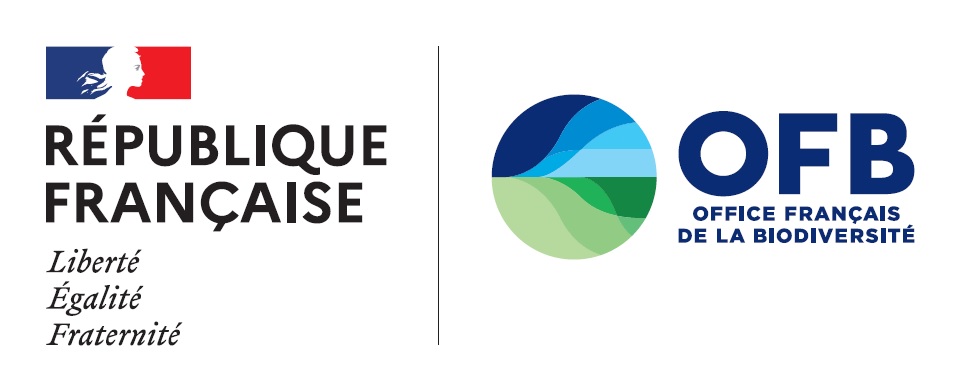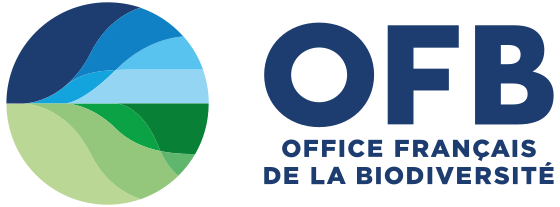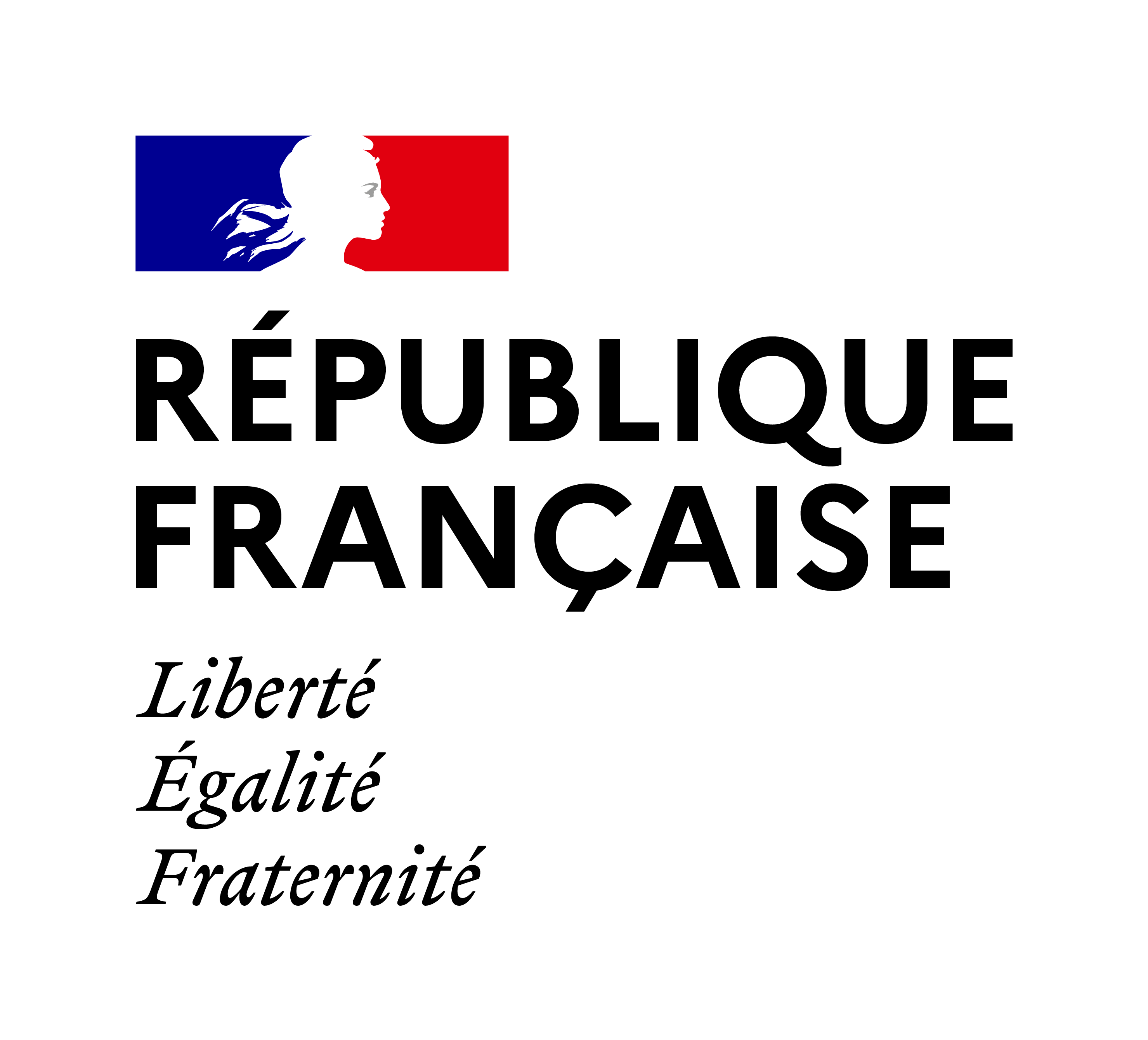Recherche sur le site
Recherche libre
Natural water retention measures NWRM - Measures offering multiple benefits to meet water-related challenges - n° 72 | Rencontres |
Natural water retention measures comprise an array of initiatives to restore the natural properties of ecosystems in view of slowing the runoff of surface waters and increasing the infiltration capacity of soil. Examples from projects in France stress the multiple benefits of these measures.

Assessing the ecological services of aquatic environments. Scientific, political and operational issues | Comprendre pour agir |
In a context of climate change and biodiversity loss, the notion of ecological services has rapidly gained ground in political debates. The goal of good ecological status, set by the European water framework directive in 2000, has led to major efforts to preserve and restore aquatic environments. The ecological services provided by aquatic environments are now a topic of growing interest to water managers and, more generally, to all stakeholders in society interested in the quality and sustainable management of aquatic environments.

Monitoring programmes: WFD requirements, their implementation and use of the results - n°27 | Rencontres |
The purpose of the workshop was to facilitate discussions between European river basins on monitoring of water and aquatic environments, with the European commission and the European environment agency on hand, and to enhance the common implementation strategy for the WFD. It was an occasion to discuss monitoring results and the impact of monitoring on implementation of management plans and programmes of measures in 3 main fields, namely the purposes of the monitoring programmes, stakeholder organisation and roles, and monitoring strategies.

Climate change, impacts on aquatic environments and consequences for management - n°2 | Rencontres |
Building, on a national scale, sustainable dialogue between scientists and water managers in order to address the recognised climate change, that was the objective of this seminar. This dossier provides an overview of the current knowledge that was presented, the points of view expressed, and the questions raised over.

Water science meets policy: How to streamline knowledge to address WFD challenges? | Rencontres-synthèse |
The 3rd workshop " Water science meets policy " focused on demonstrating the added value of the science-policy interface (SPI) at all geographical levels and proposing key aspects to implement a sustainable SPI activity in the CIS structure. This document presents the main recommendations expressed by the participants regarding tools, methods and operational modalities for an efficient implementation and successful SPI in the WFD CIS context.

Implementation of the Water Framework Directive. When ecosystem services come into play | Rencontres-synthèse |
This document presents the results of the seminar Implementation of the Water framework directive. When ecosystem services come into play, i.e. the concept of ecosystem services, the application methods for integrated water management in Europe, recommendations for decision-makers and the fields where further research is required.

Economic instruments to support water policy in Europe: paving the way for research and future development | Rencontres-synthèse |
Positioned at the interface between science and policy, the workshop provided an opportunity for economists, practitioners, policy makers and researchers to dialogue about the design and implementation of (new) economic instruments in the field of water, as a means to identify: the main policy demands in terms of economic knowledge and expertise, key “success factors” for the effective implementation of economic instruments, pre-conditions for economic instruments to deliver behavioural changes and efficiency gains, and support financing actions for achieving sustainable water management and the ecological objectives of the WFD.

Climate change. Impacts on aquatic environments and consequences for management | Rencontres-synthèse |
What will the consequences of the climate change be on the quality and quantity of the waters in France? How will the aquatic ecosystems react to the new conditions? What do these new stakes means for the various human stakeholders in water: managers, service operators, farmers, fishermen? The Climate change, impacts on aquatic environments and consequences for management seminar focussed on these issues. Recap.






